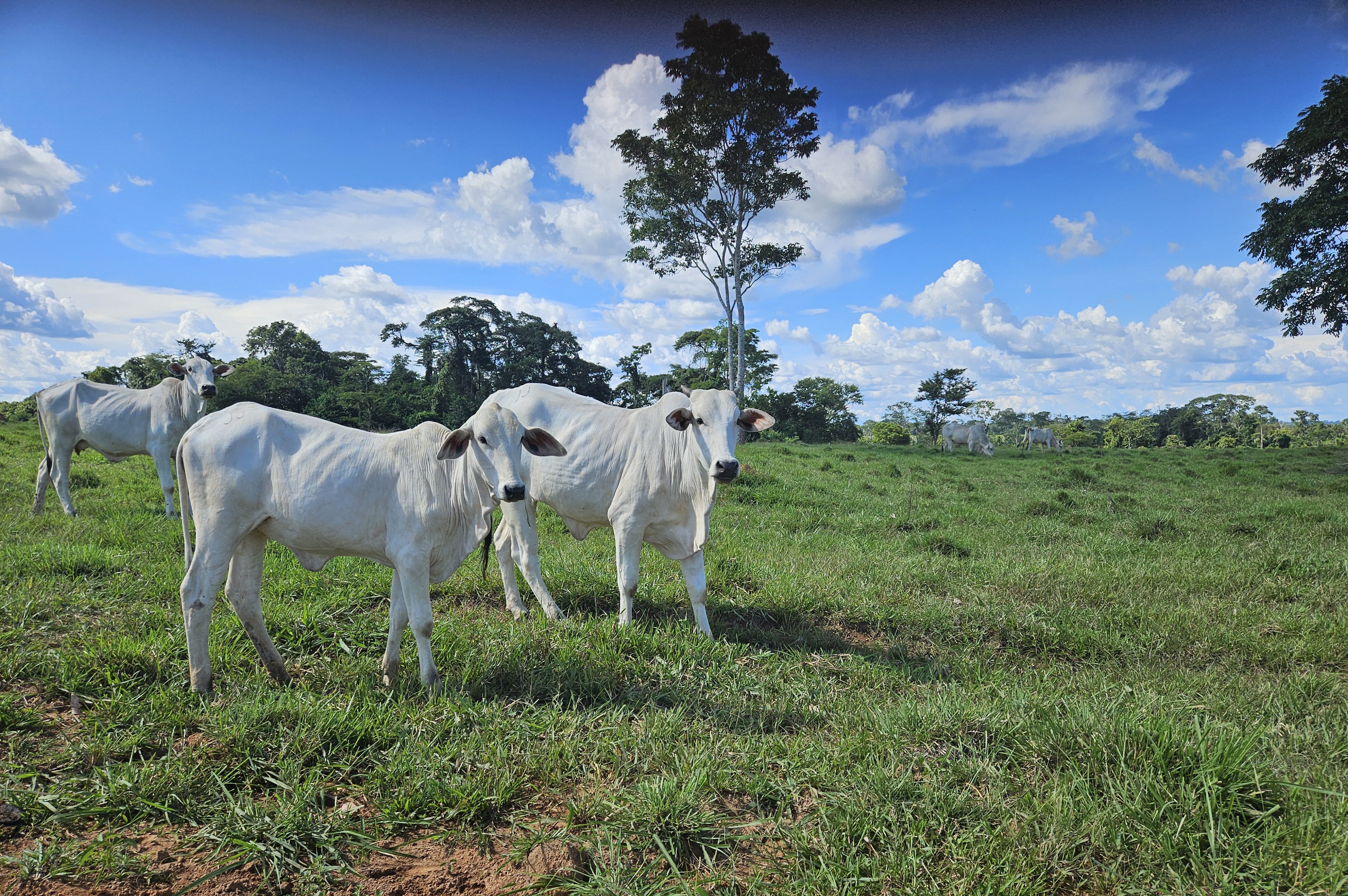
The road to the Chácara Maranatha was windy and bumpy. Everywhere I looked, there was greenery: banana plants, papaya trees, manioc, and palm trees. The countryside was full of life.
It was the rainy season, so everything was lush and growing wild. The landscape reminded me of the rural, mountainous region in Malawi where my mother grew up. The vegetation, terrain, and climate were all strikingly similar so I wasn’t surprised to recognize so many of the plants.
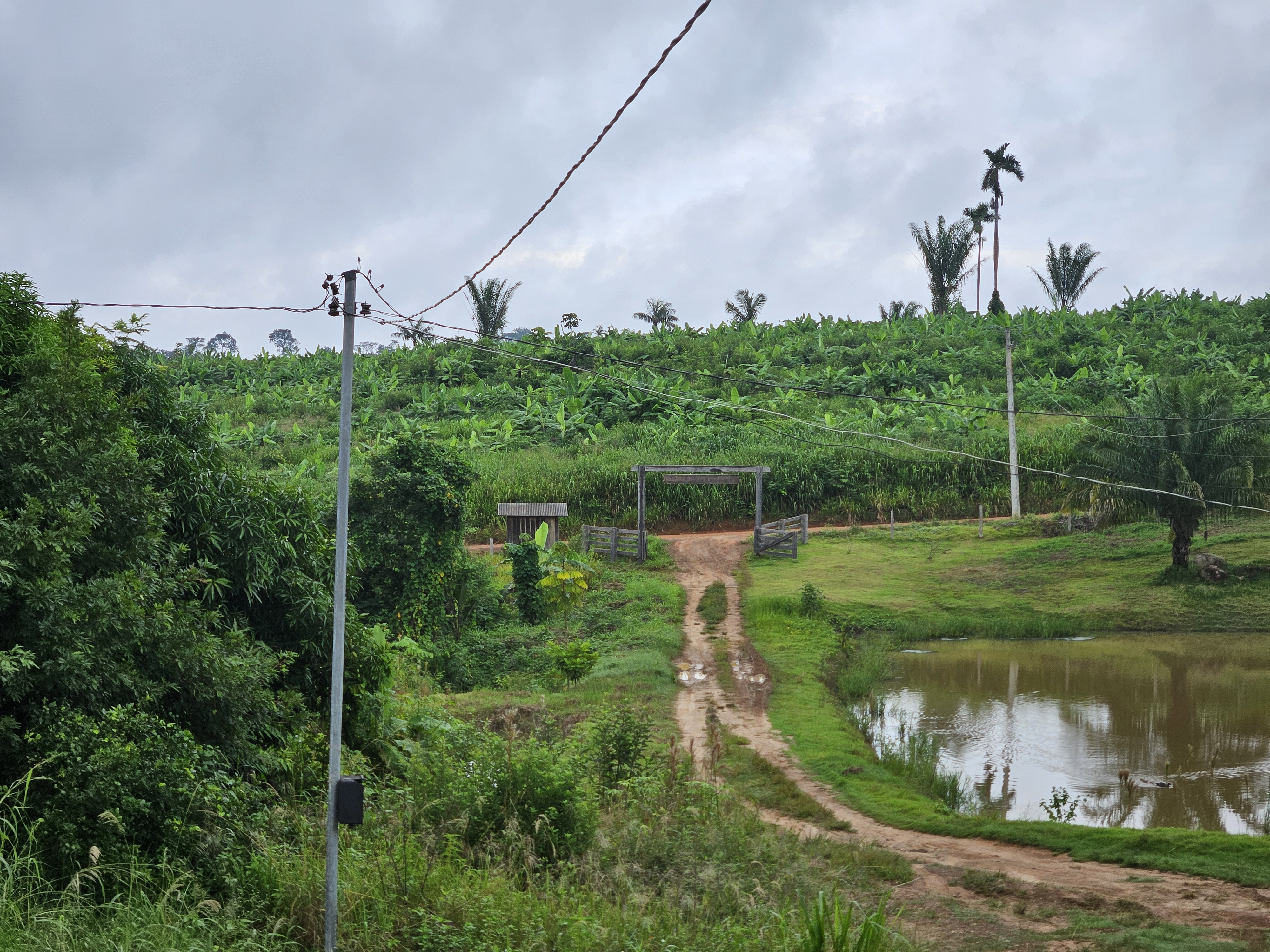
When most people think of a trip to Brazil, this rural scene isn’t what they expect. They probably think of vibrant cities and beaches in places like São Paulo and Rio de Janeiro. But for a week that wasn’t my reality; as soon as we left the main road, my phone signal disappeared and signs for rural internet services began to appear. That alone told me that here in the countryside my life would go at a different pace. I was open to it, ready to slow down.
My desire to improve my Portuguese language skills took me to Nova Monte Verde, a small town in Mato Grosso state. I couldn’t even find any information about the small town online, only a Facebook page that had very little information. What I did know was it was a long journey to get there: I flew from São Paulo to Cuiabá, then on to Alta Floresta, where my hosts picked me up and drove me two hours to Nova Monte Verde.
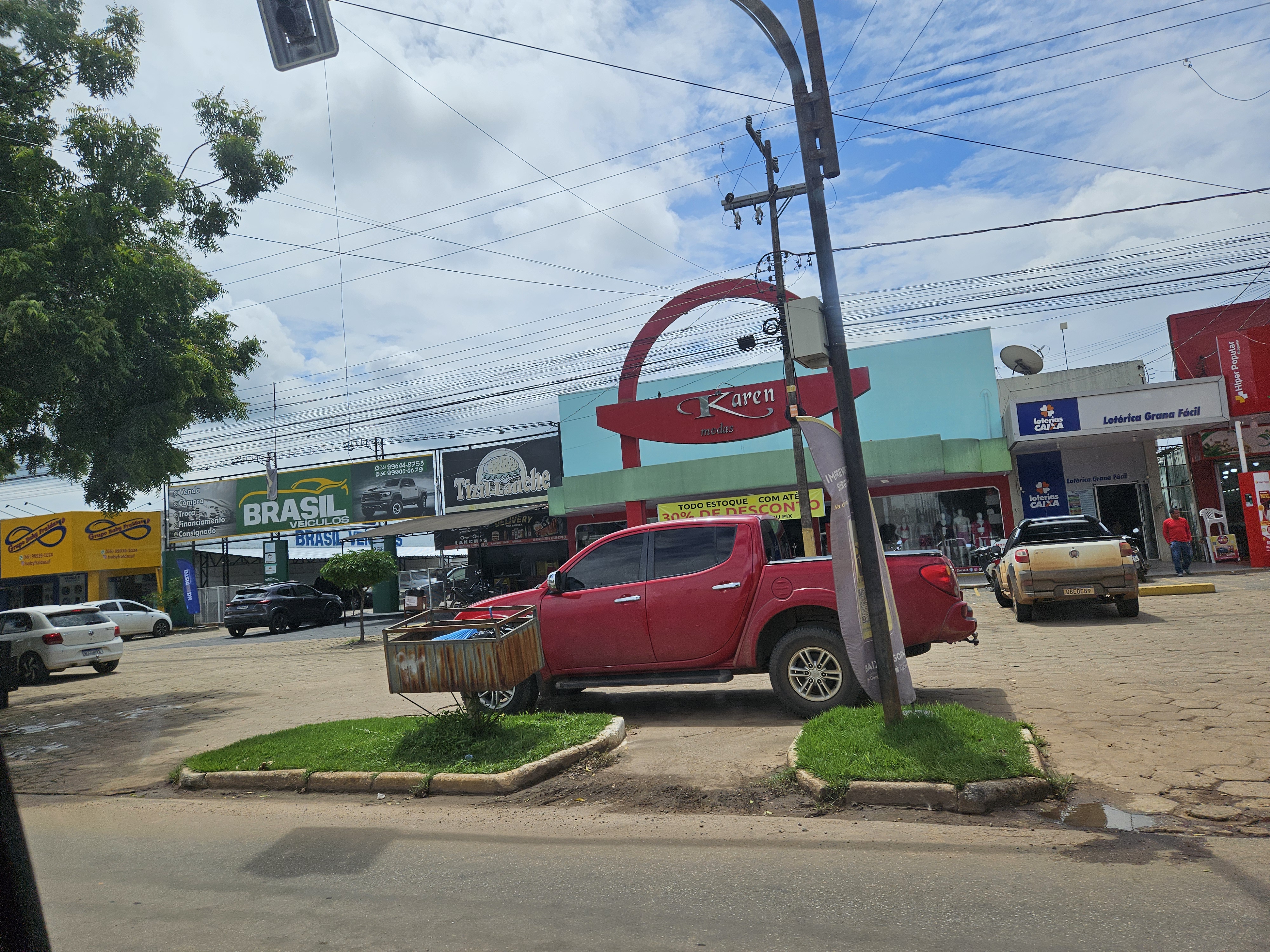
I arrived with no expectations, I knew I would be in good hands with my hosts, and I knew I would be experiencing a side of Brazil many people may not have experienced. What I didn’t know then was how deeply this experience would reshape my understanding of what travel can be like.
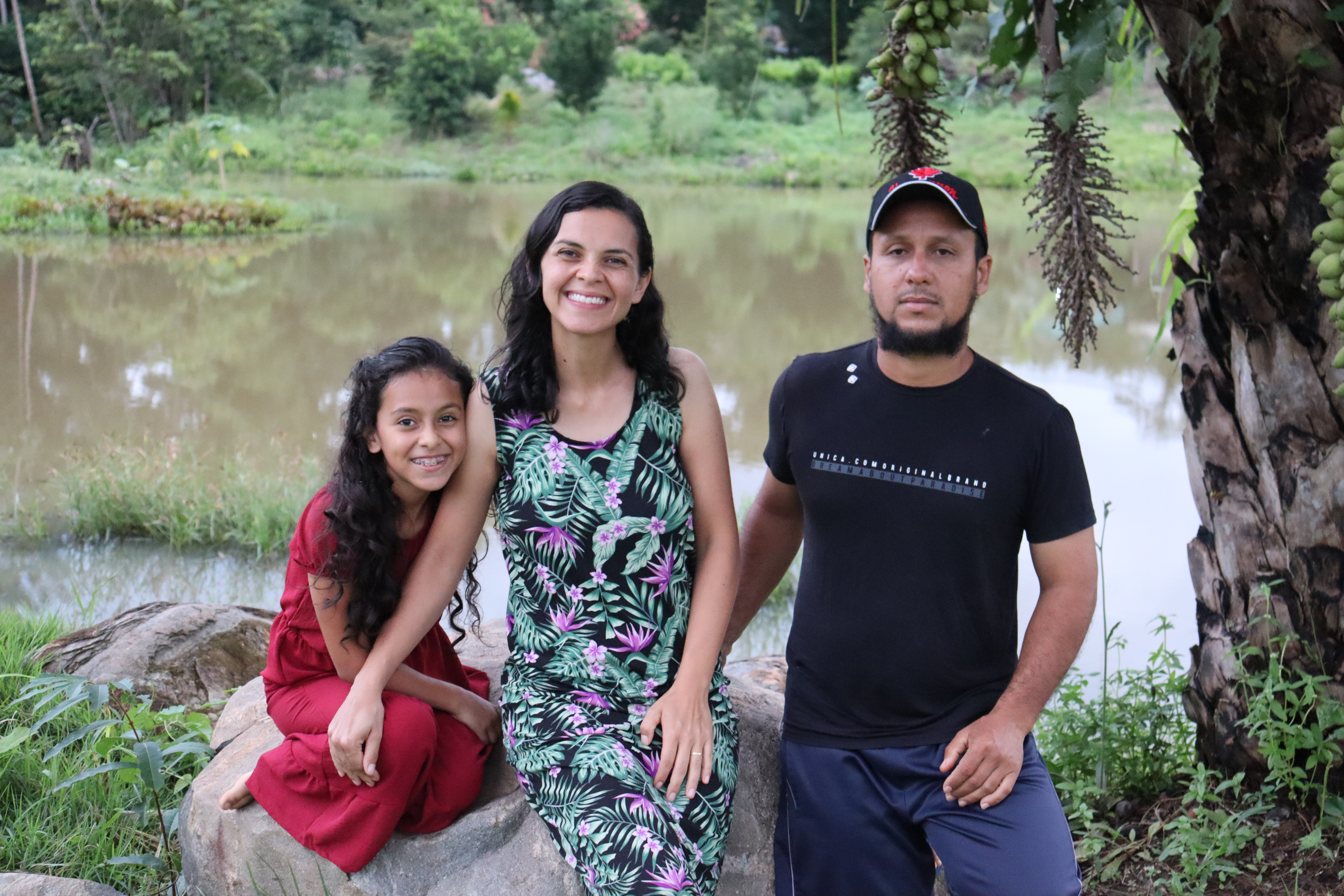
Brazil is a country of farmlands, and I quickly learned that the difference between a fazenda, sítio, and chácara is simply a matter of size, fazendas being the biggest and chácaras the smallest. The chácara where I stayed was several kilometres from the nearest main road, surrounded by other sítios and chácaras. The road connecting them all was unpaved, red dirt, often muddy due to the nearly daily rainfall. There are no street lights here, no sounds of the city, only the sounds of nature, including tree frogs and of course the heavy rains, which could be their own spectacle. Once in a while you hear motorbikes, trucks bouncing along the street. One day a motorbike driver would drive up to the house where I was staying to sell popsicles. Everybody has time for a chat. There was no pressure to be busy; it felt like I had stepped into a different rhythm entirely.
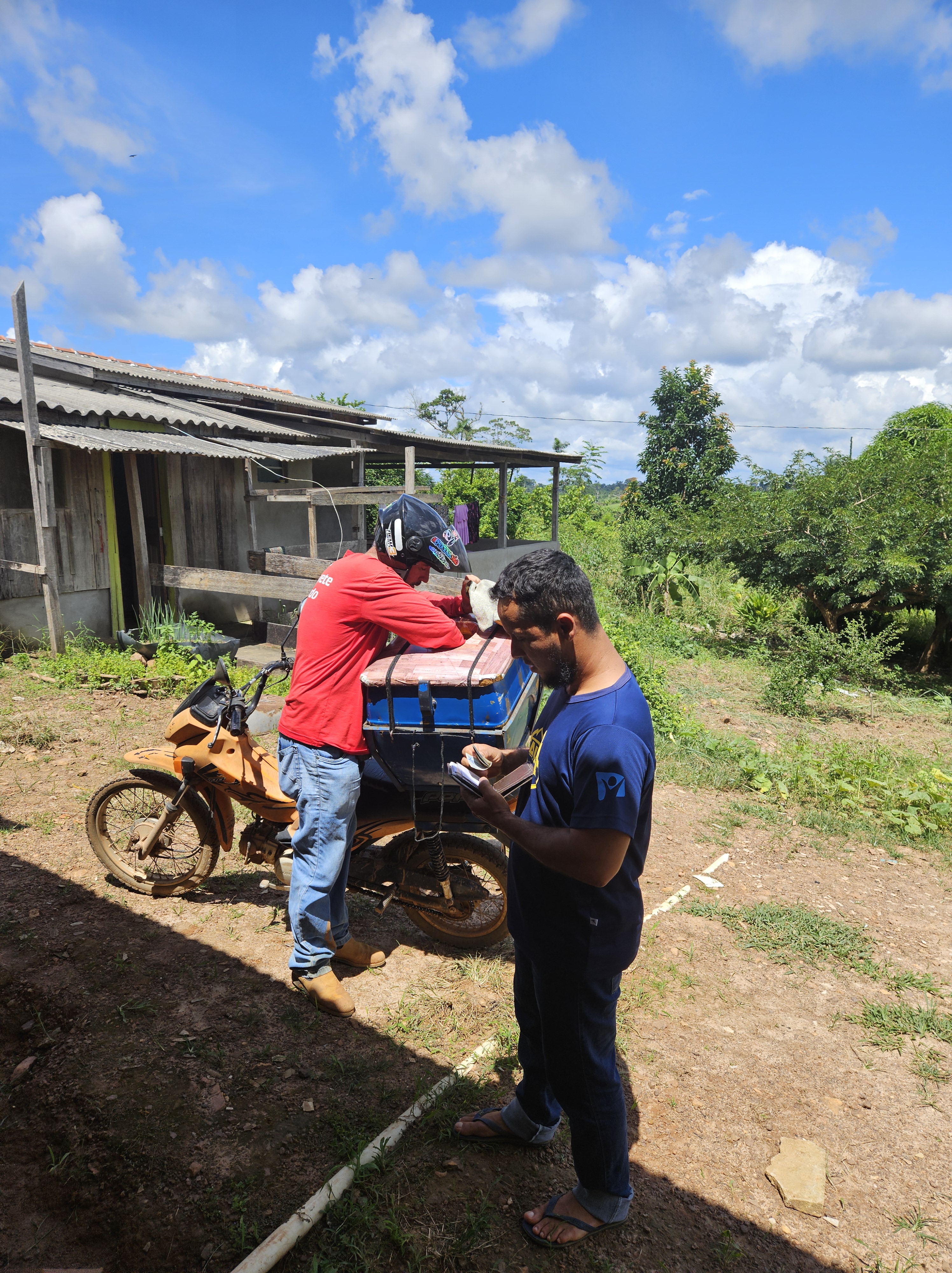
Life here moved at a slower, more intentional pace. All meals were prepared from scratch, often with ingredients grown right on the farm. It made me think: when was the last time I’d even set foot on a farm, let alone thought about where my food came from? What stood out most was how unhurried everything felt. People made time to sit down together for meals, for prayer, for conversation, and also to come and say hello to the Canadian guest. There was no rush to finish or to leave. Even the children, noisy and full of energy, were met with patience. It felt like time stretched a little wider here.
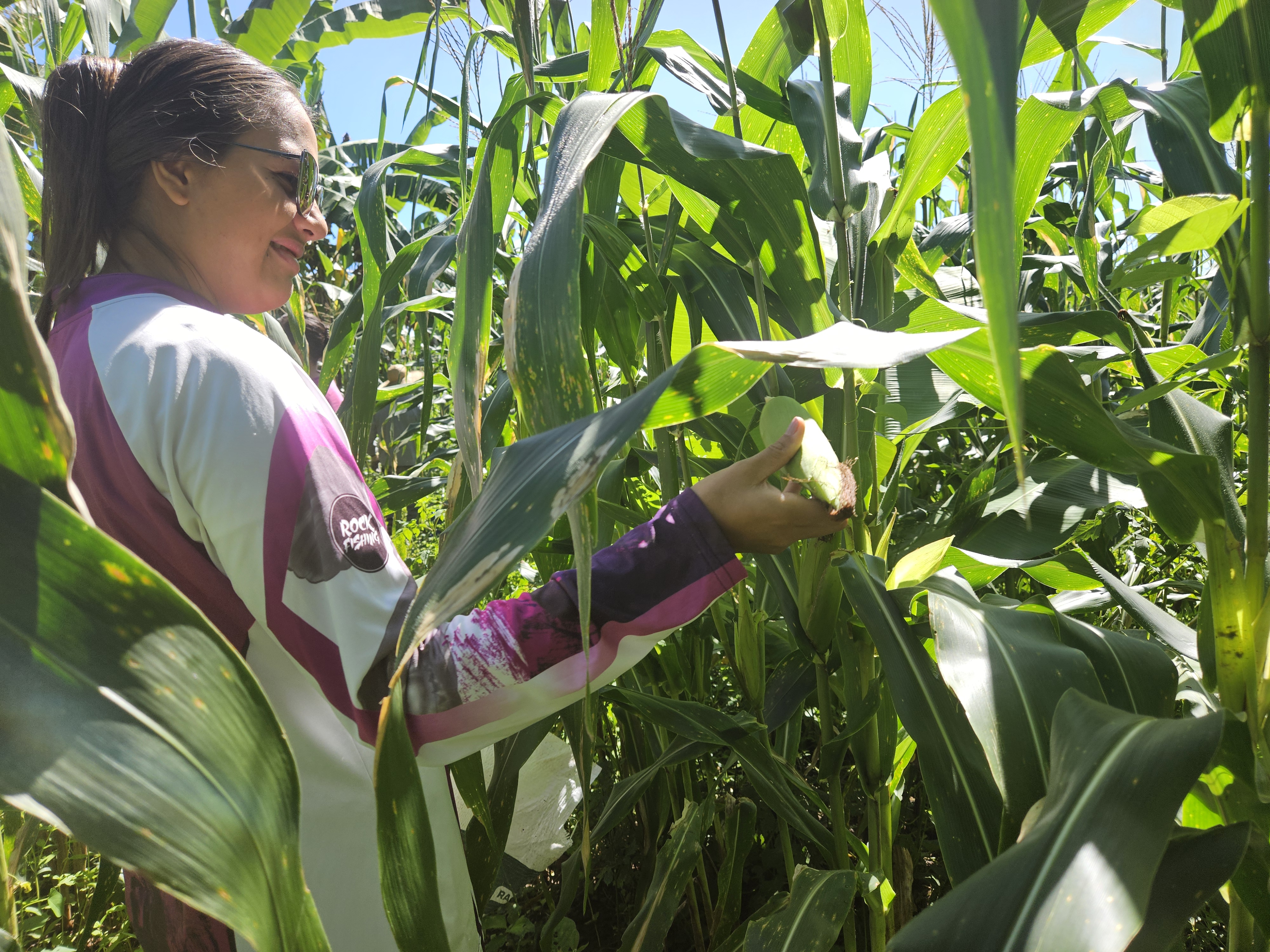
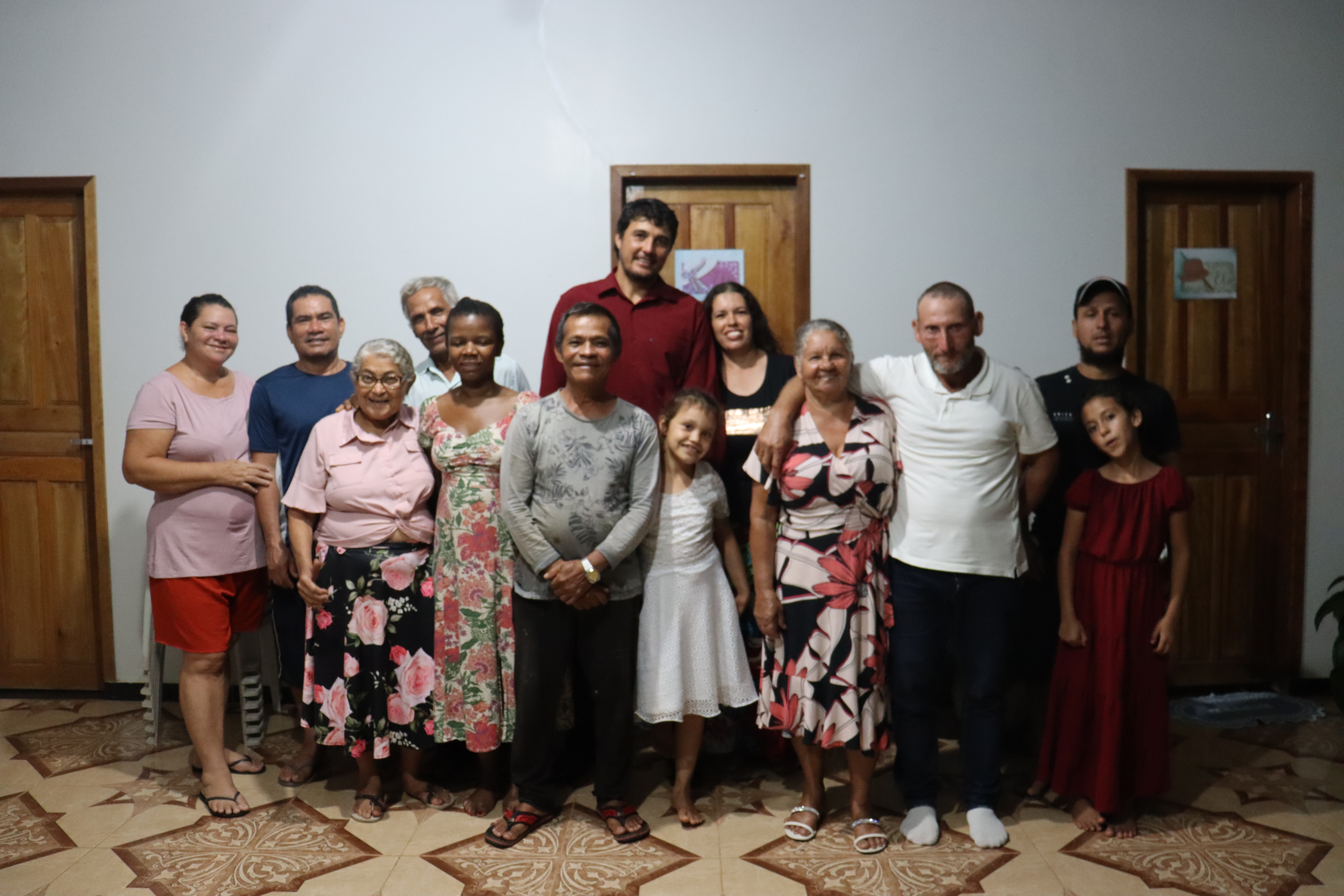
Moments like these reminded me that travel doesn’t have to be about chasing the next big adventure, checking off landmarks to visit, or having a full itinerary. It can be about slowing down, immersing yourself in a different way of life, and forming genuine connections.
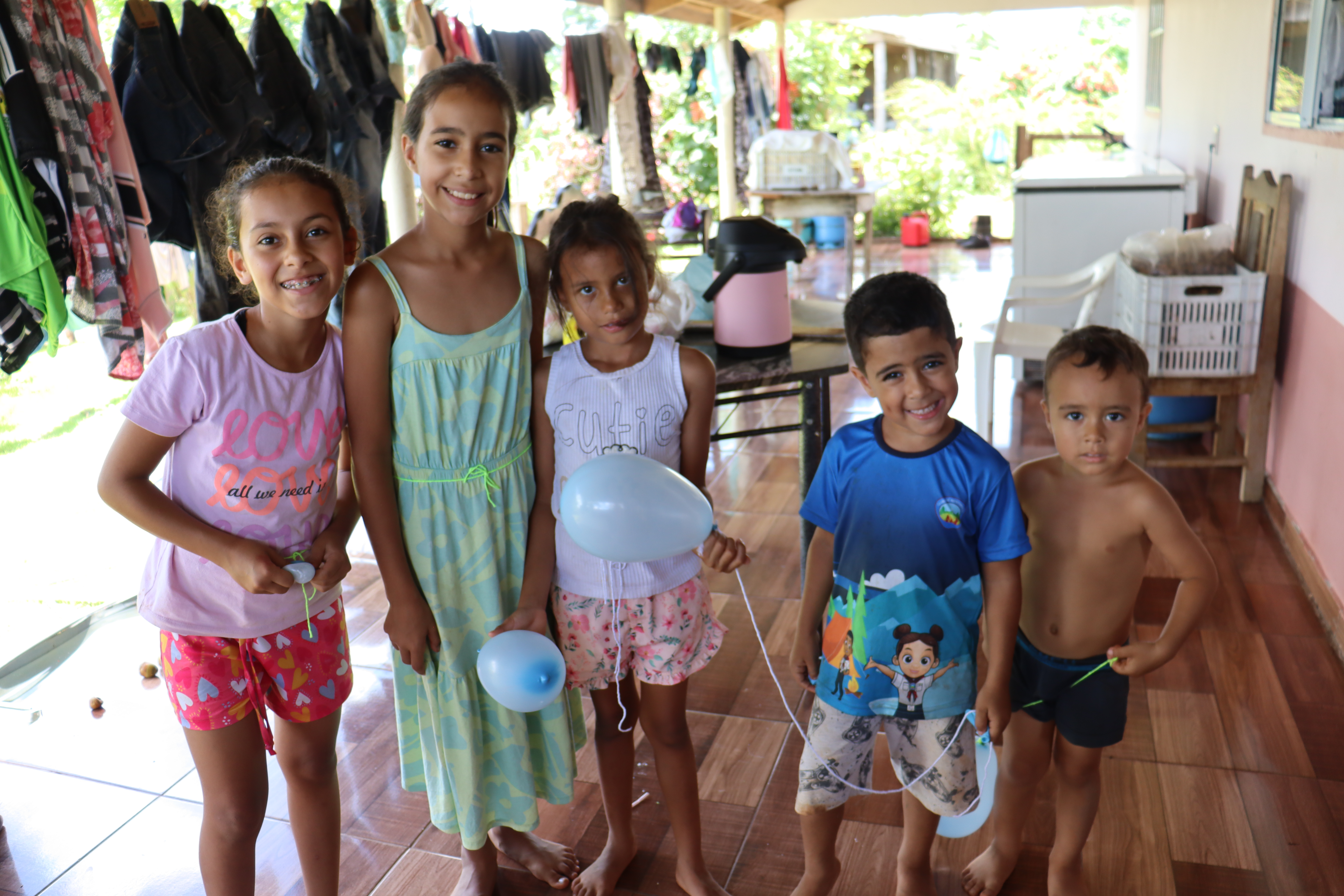
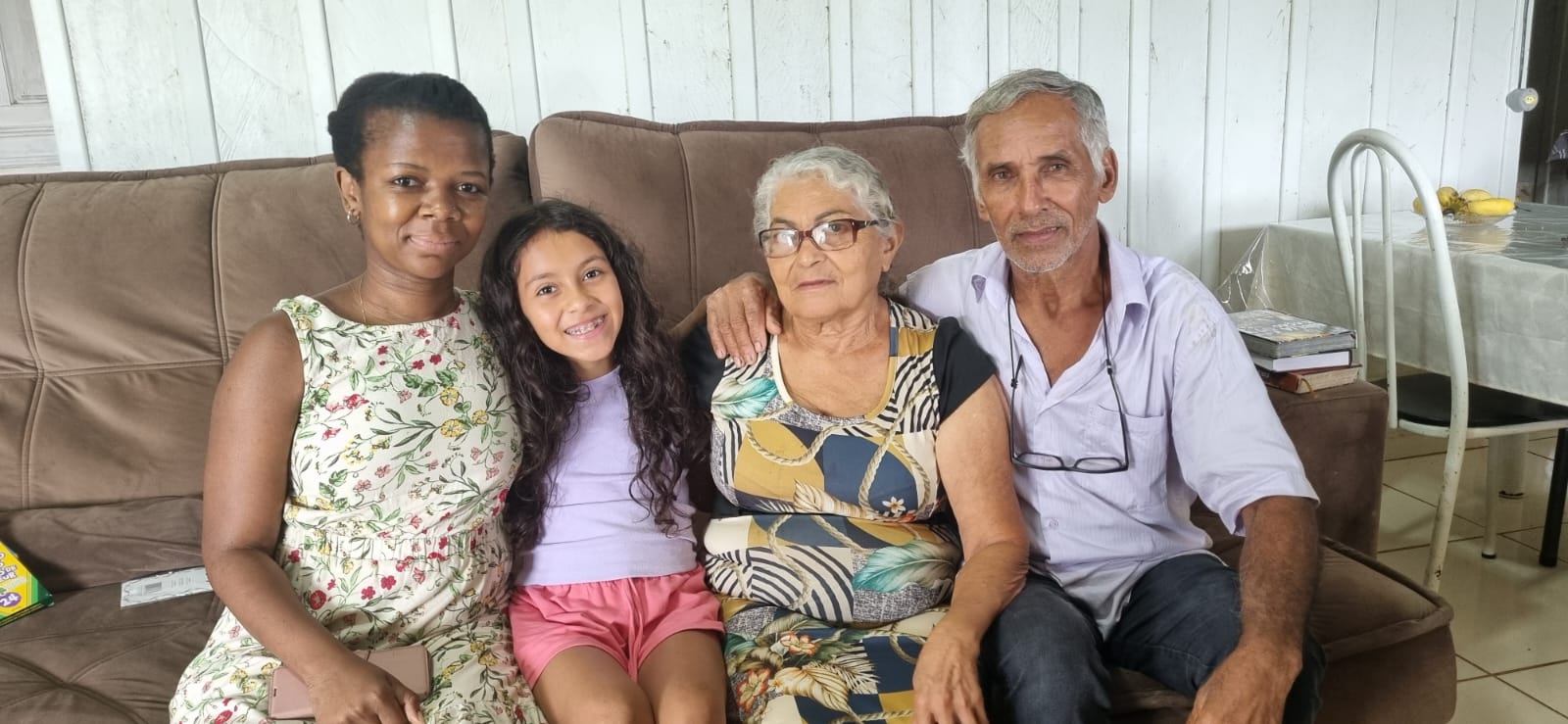
I came to Brazil to learn a language, but I left with so much more. I found a new understanding of community, a deeper appreciation for slow living, and friendships that I will carry with me forever.
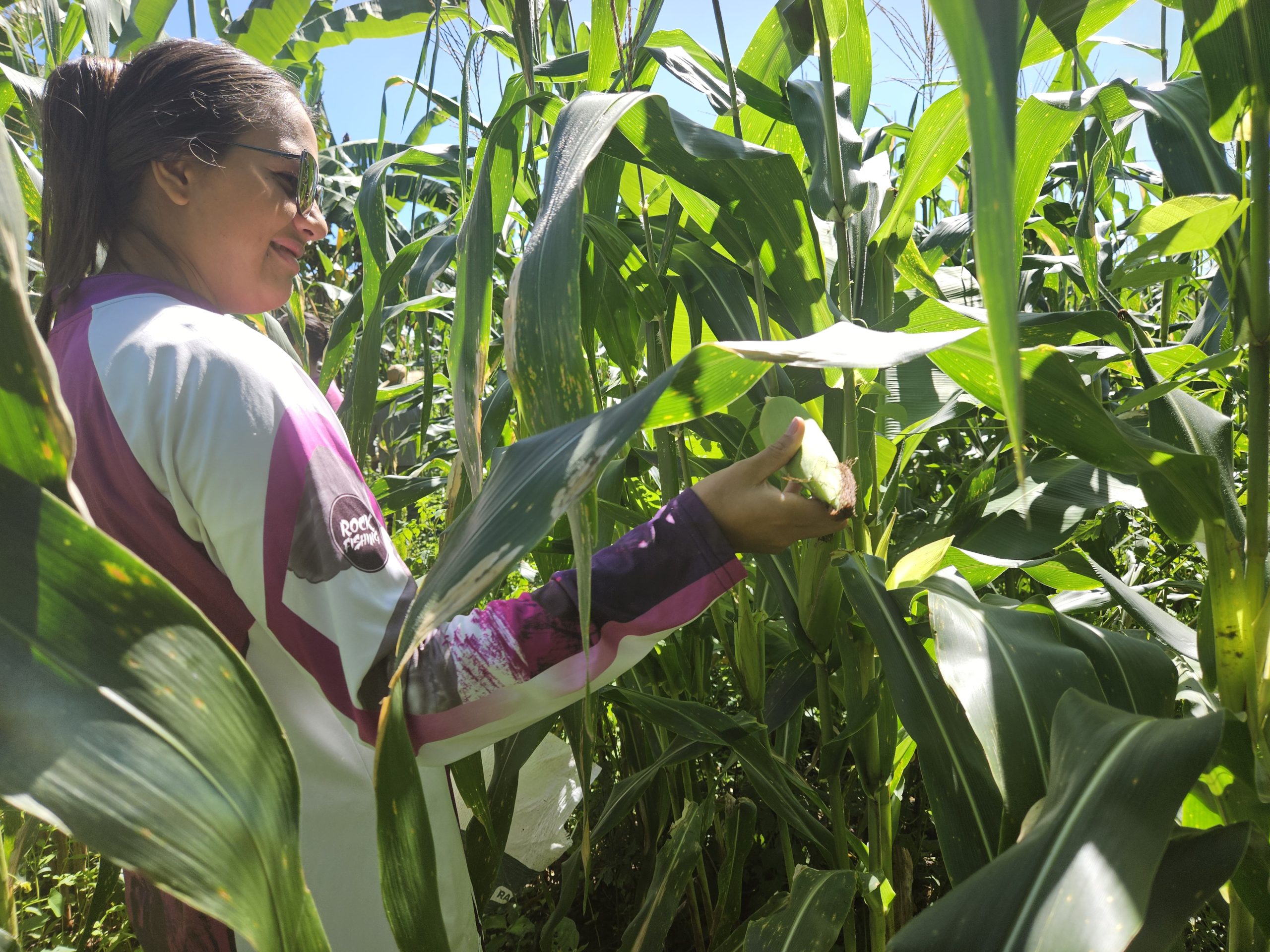
Leave a Reply